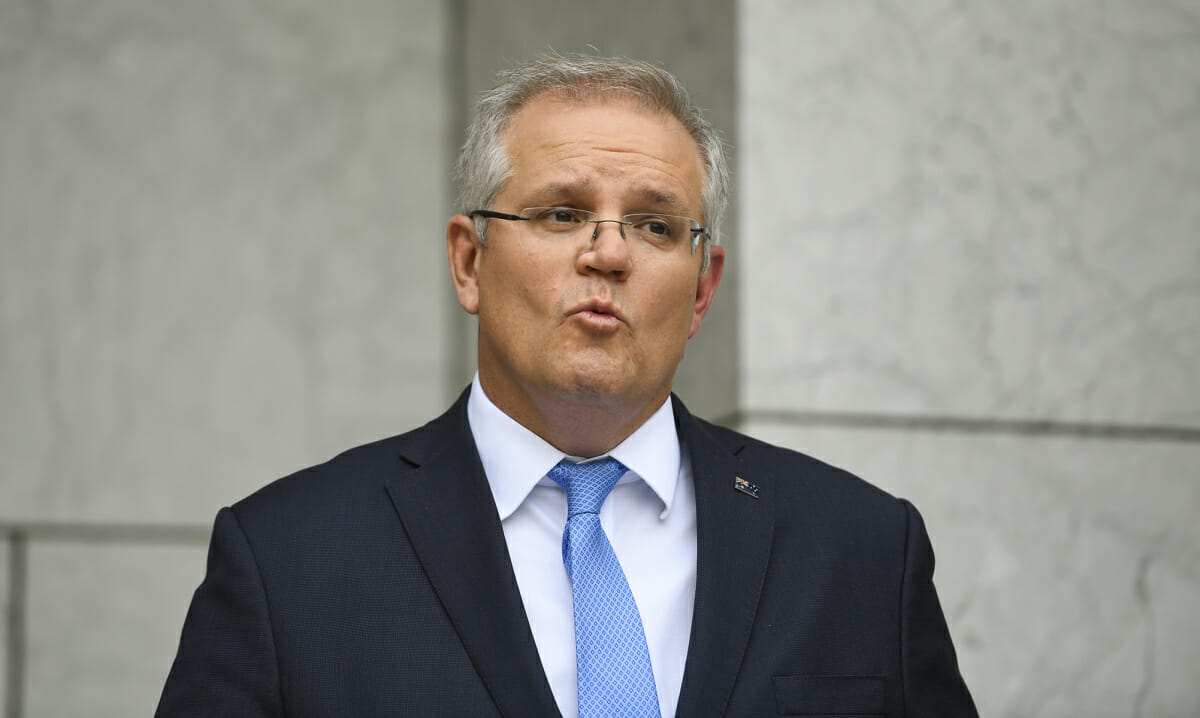There’s no doubt about it: things have been tough for everyone lately. We’ve all been touched in some way by isolation and social distancing, if not the coronavirus itself. The fact that we’ve come through this as a cohesive nation is largely due to the communication skills of our leaders.
We’ve discussed the importance of communication as a leadership skill on many occasions but today I want to show you how it has worked for Scott Morrison and why. This is not about politics. I’m using him purely an example of leadership communication in action.
Think back a few months ago to the time of the bushfires here in Australia. Morrison was not popular. In fact, he was widely criticised for his poor communication skills, and in particular, his inability to express empathy. The talk back then was that he’d be voted out at the next election and Albanese was held up as a leader we could relate to.
Fast forward to today. Globally, we’ve been through a really difficult time and there was very little anyone could do to head it off. So, we responded in the same way other countries did and closed the borders, stopped internal travel, and went into lockdown.
Can you imagine being the one to tell the country we had to stop living life as we knew it? And, even worse, with no end date in sight?
Introducing difficult change is something every leader must face – even you – and there are a few things we can learn from Morrison from this situation.
- Be honest and be clear. Deliver the news without trying to make it sound better than it is. Let people know what they’re dealing with and what they can expect.
- Be strong on your ‘why.’ The message was clear. We were doing this to save lives and stop transmission of the disease. Did you notice how often Morrison reinforced the ‘why’? If we know what’s happening and there’s a good reason for it, there are very few people who won’t support the action.
- Keep people informed. Don’t just deliver the message and disappear. Give regular updates. Clearly demonstrate how the action your team is taking has achieved results.
- Use your experts. Morrison has included his experts at press conferences. He can’t have all the answers, especially not the medical ones. If you don’t have all the expertise, bring in those members of your team who can fill in the gaps. A whole message delivered by two or three people is better than half a message delivered by the leader.
- Be consistent in word and action. A leadership message is reinforced when the leader consistently acts on it. If the message is to stay 1.5m apart, then you always need to do that.
A few months ago, Scott Morrison was the butt of many communication jokes, but look at him now. His communication has been clear and well-presented to the point that we looked to him for leadership. Was his communication perfect? No, and some of that is probably out of his hands.
Today’s post isn’t about Scott Morrison. It’s about leadership communication in action during a time of crisis. We’re living through a classic case-study opportunity here and we can all learn from it.


